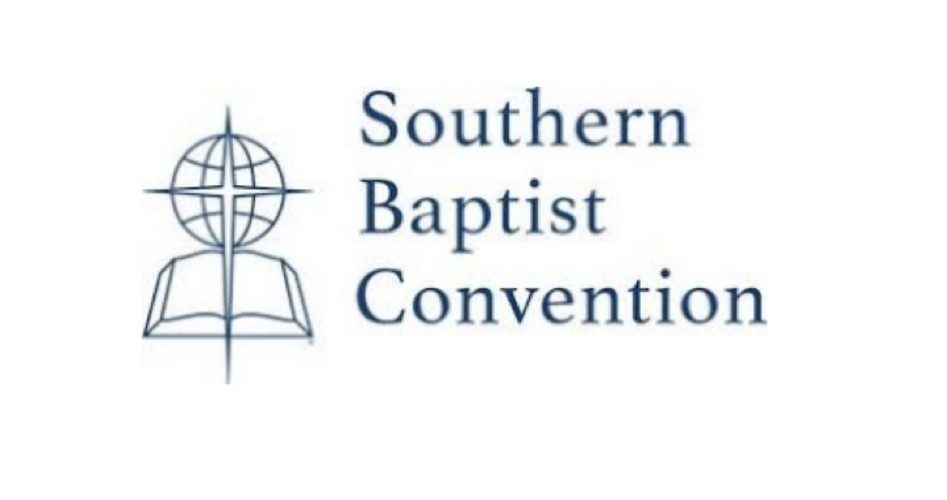
For the past few years, there have been growing concerns that the Southern Baptist Convention (SBC), the largest non-Catholic denomination in the United States, is being slowly transformed into yet another tool of the theological and political Left in the country.
But Friday marked the launching of a group of Southern Baptists — the Conservative Baptist Network (CBN) — determined to stop and reverse this disturbing trend.
CBN describes itself as a grassroots effort to maintain the proclamation of the Gospel as the center of the SBC, rather than becoming only the latest denomination to be captured by those who would use it as a vehicle to advance various liberal social-justice causes. The network insisted that they are not forming a separate denomination, but rather fighting to save the SBC, noting that they are fully in agreement with the traditional beliefs expressed in the Baptist Faith and Message (BF & M). The BF & M is a statement of what Southern Baptists believe, the latest version of which was adopted in 2000.
Brad Jurkovich, the pastor of the First Baptist Church of Bossier City, Louisiana, is the spokesman for CBN. He told The Christian Post, “We are concerned about the current road our Southern Baptist family is traveling. It is a road that is twisting what God’s Word is saying about things like human sexuality, biblical racial reconciliation, and socialistic justice.”
Jurkovich said that there three choices that every pastor and every church in the SBC is going to have to make — stay in the SBC and say nothing, and just let it drift into obscurity (like some other historic Christian denominations that have emphasized liberal social issues), walk away from the convention and abandon it to the Left, or remain in the denomination and fight to restore it.
The third option is the choice of Jurkovich and those who are founding the CBN.
“Are the apparent theological, ethical and social compromises simply indicative of Southern Baptists succumbing to the apostasy of the Laodicean Age?” Jurkovich asked. The Laodicean Church is mentioned in the Book of Revelation, and although those passages have been interpreted differently among Christians, including Southern Baptists, Laodicea has been generally viewed as representative of churches that have abandoned orthodox Christian belief. In the Book of Revelation, the Apostle John records Jesus as saying he would like to spew them out of His mouth.
The concern of Jurkovich and others who agree with him is that there has been an overemphasis in the past few years on certain issues that have received greater attention than evangelism and spiritual renewal — things such as accommodating the liberal drift in the culture as a whole, and increased tolerance and even celebration of things such as homosexuality, abortion, transgenderism, and the like.
In 2018, the annual meeting of the SBC in Dallas was marked by controversy when a motion was made on the floor to prevent Vice President Mike Pence from speaking to the messengers. The motion failed, but some walked out in protest when Pence spoke. In 2019, Resolution Nine was adopted by the messengers that asserted that “critical race theory” and “intersectionality” are useful analytical tools. The resolution defined CRT as “a set of analytical tools that explain how race has and continues to function in society” while intersectionality is “the study of how different personal characteristics overlap and inform one’s experience.”
CBN leaders contend that these tools are flawed because they come from worldviews like Neo-Marxism and other such ideological systems that have been historically hostile to traditional Christianity.
Lorine Spratt, executive assistant to Jurkovich, is an African-American woman who told the Christian Post that she supports the CBN initiative and that she finds support for the Neo-Marxist critical race theory as offensive. “To even suggest something else is needed as a tool to engage the culture is ludicrous,” Spratt said.
She added that she views what is happening in the SBC as an insidious push from “woke” advocates. (“Woke” is a political term that refers to perceived awareness about racial issue and social justice, which The Christian Post said is often employed for other pet causes of the secular Left.)
Each church in the Southern Baptist Convention is an independent congregation that supports SBC efforts through voluntary contributions to advance mission work, run seminaries, develop literature, and other help for the local churches. Denominational leaders exercise no authority over local churches, and cannot speak for the entire denomination. The annual meeting, the Southern Baptist Convention, is also the name of the denomination, and even this group cannot dictate to local congregations. They are not “delegates” because they are given no power to do any dictating, but simply “messengers” from the local congregations there to conduct business in the areas that the convention works, such as missions.
In the 1970s, a group of pastors and lay leaders in the SBC, such as Adrian Rogers, Charles Stanley, W.A. Criswell, Jimmy Draper, Bailey Smith, and others, led a multi-year effort to wrest control of SBC agencies and seminaries away from what they believed was a liberal drift then. This “Conservative Resurgence,” as it was called, proved successful by 1990, but now many fear the liberals are working their way back into denominational control.
Rod Martin, a member of the Executive Committee of the SBC, explained to The Christian Post, “There is an enormous media push in the direction of the Left,” noting that it was both political and theological. Today, Martin added, the mainstream press has a strong advocacy bent, and that “they might as well be Super PACS. And that [influence] bleeds over into the church.”
These issues promise to be a point of contention at this year’s annual meeting in Orlando, Florida.
Steve Byas is a university instructor in history and government and the author of History’s Greatest Libels. He may be contacted at [email protected].


